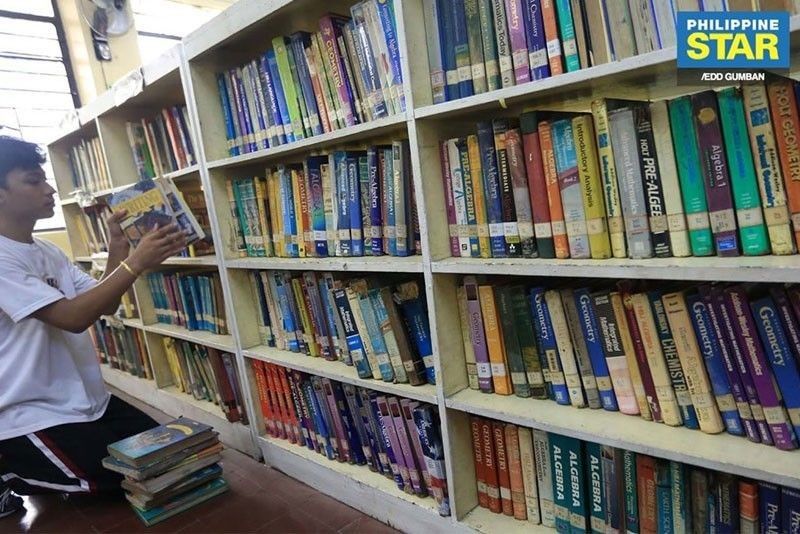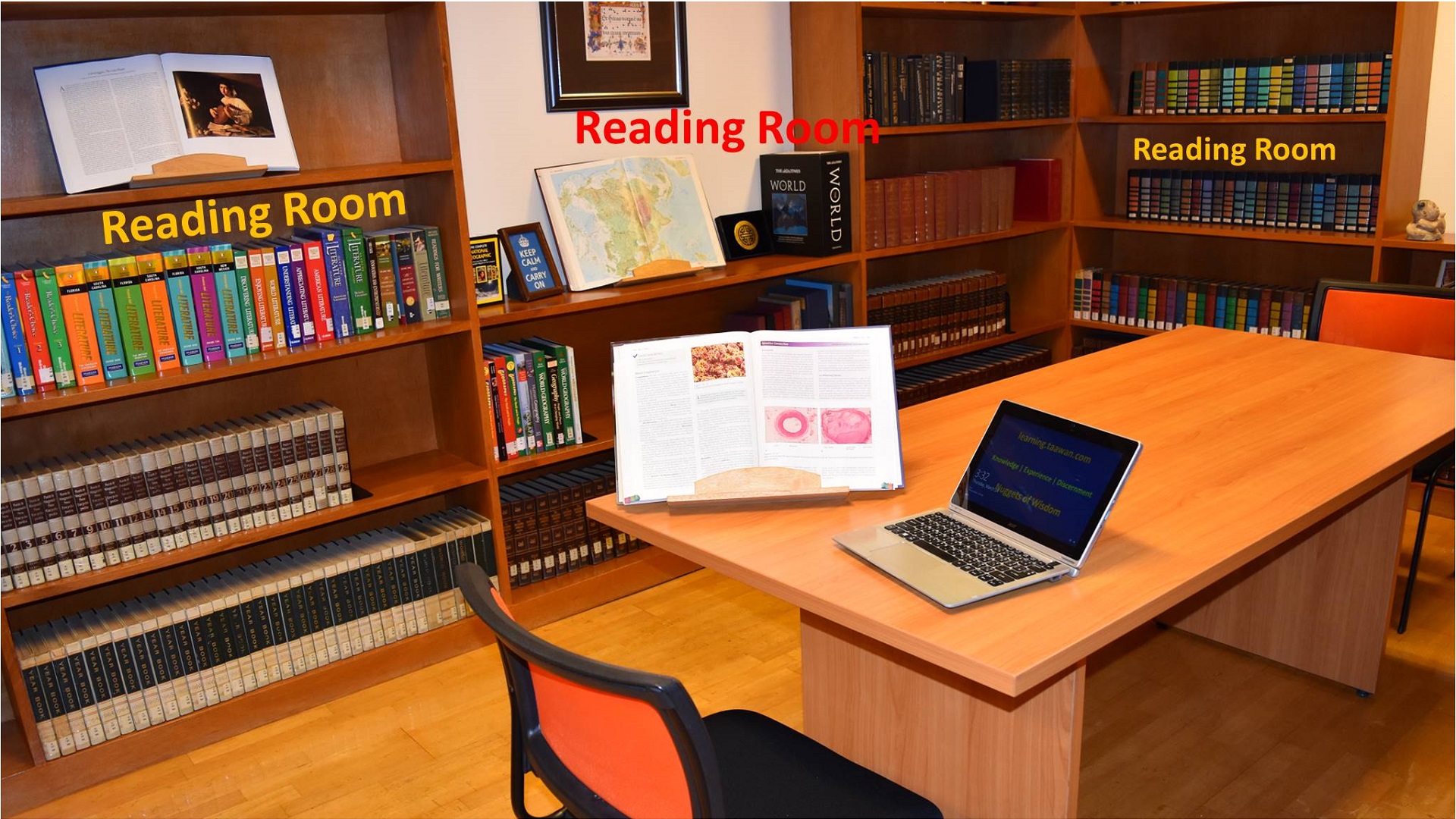Why are reading skills very important, and what role does it play in our everyday life? How does reading help us understand ETEEAP better and help us get to the right track towards our long-awaited secular degree? An article from the Philippine Star has the following:
“Reading proficiency is essential for a wide variety of human activities – from following instructions in a manual; to finding out the who, what, when, where, and why of an event; to communicating with others for a specific purpose or transaction,” (Italicization is ours)
Philippine Star, December 3, 2019
Here is the whole article taken from the Philippine Star published on December 3, 2019. We can learn a lot about it especially now that distractions abound along with the shortened attention span of not only the younger generation but the older ones as well, and it’s not too late to do something about it. Please read on.
Philippines lowest in reading comprehension among 79 countries

Among 79 participating countries, the Philippines scored the lowest in reading comprehension in the 2018 Programme for International Student Assessment (PISA), according to the results released Dec. 3, 2019..The STAR / Edd Gumban, file
MANILA, Philippines — Among 79 participating countries and economies, the Philippines scored the lowest in reading comprehension in the 2018 Programme for International Student Assessment (PISA), according to the results released Tuesday.
PISA is a worldwide study by the Organisation for Economic Co-operation and Development that examines students’ knowledge in reading, mathematics, and science.
Reading was the main subject assessed among 15-year old students in the 2018 PISA. The Philippines had an average reading score of 340, more than 200 points below China (555) and more than 100 points less than the OECD average (487).
In the Philippines, boys’ and girls’ performances in reading both ranked lowest among PISA-participating countries.
“Reading proficiency is essential for a wide variety of human activities – from following instructions in a manual; to finding out the who, what, when, where, and why of an event; to communicating with others for a specific purpose or transaction,” the summary of the PISA 2018 results reads.
The Philippines also placed the second-lowest in mathematics (353), along with Panama, and science (357). Only the Dominican Republic scored lower in these categories.
China also led the ranking in mathematics and science. The OECD average for mathematics is 489 and the average for science is 483.
“Results from PISA indicate the quality and equity of learning outcomes attained around the world, and allow educators and policymakers to learn from the policies and practices applied in other countries,” a post on the OECD website reads.
According to the PISA 2018 profile of the Philippines, socio-economic status accounts for 18% of the variance in reading performance in the country, compared to the OECD average of 12%.
The country has the largest percentage of low performers in reading among socio-economically disadvantaged students.
The profile noted that average class sizes of 15-year olds in the Philippines are the largest, and the ratio of students to teaching staff in socio-economically disadvantaged schools is the highest.
The Philippines also had the highest percentage of students reporting being bullied at least a few times a month.
The Philippine Star, December 3, 2019
From the Philippine Star, December 3, 2019 (Click/Tap to see the original article)

